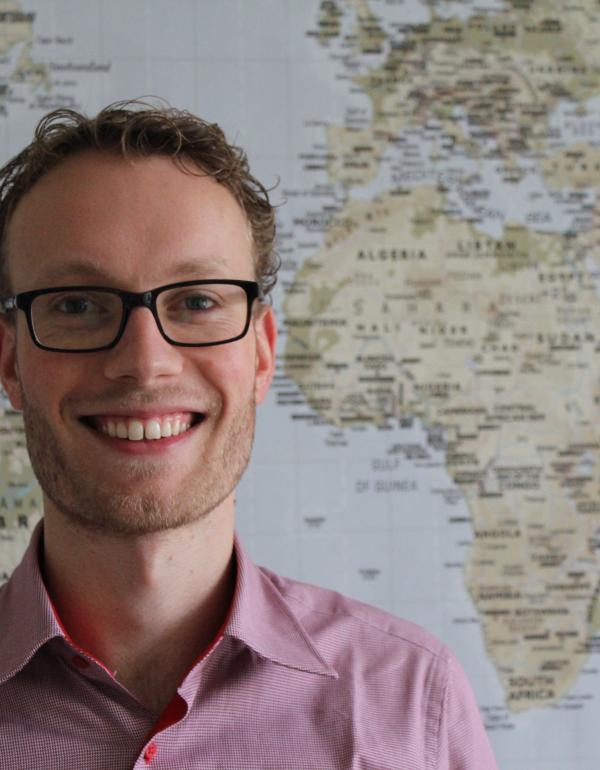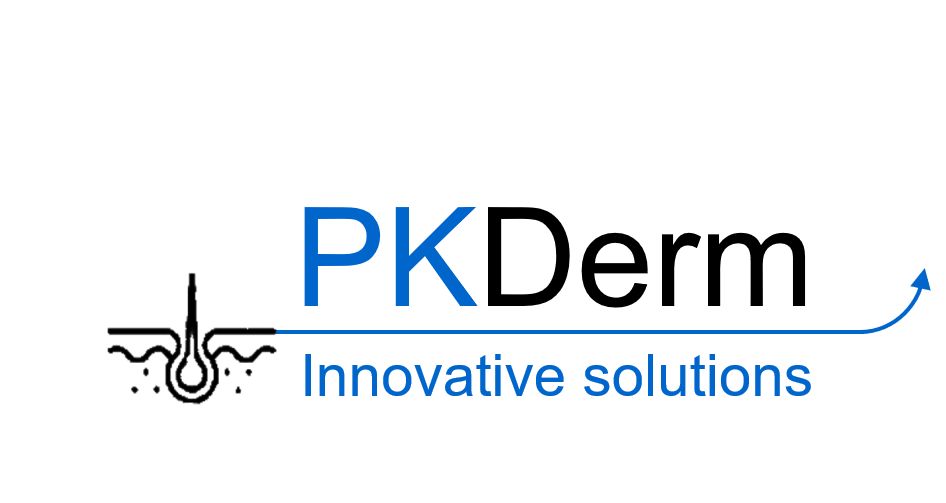
Bas ter Braak obtained both his BSc and MSc degree in Biotechnology at the Wageningen University. Directly after his studies, he joined the division of Drug Discovery and Safety at the Leiden University to obtain his PhD. Currently he is employed at the Leiden University as post-doctoral researcher on a project in which he develops new models for the mechanistic understanding of Drug Induced Liver Injury (DILI).
Bas is leading a project in which stress response proteins are fluorescently labeled using clustered regularly interspaced short palindromic repeats (CRISPR)/Cas9 in human induced pluripotent stem cells (hiPSC). Several hiPSC-reporter cell lines have been generated that are differentiated towards hepatocyte-like cells, which are applied in High Throughput drug Screens (HTS). It is anticipated that these cellular stress response reporters in combination with High Content Imaging (HCI) and systems biology approaches will play a key role in future safety assessment of chemicals. Besides the hiPSC-reporters, Bas is also working on the commercialization of the earlier developed HepG2 BAC GFP reporter platform.
Furthermore, Bas is co-promoting three PhD students, published over 10 peer-reviewed articles and is giving several Toxicology related lectures for BSc, MSc and post-graduate courses.
Systems Toxicology
OpenTox Euro Conference 2020 Session 14
In this session, new research is presented and discussed on the general topic of systems toxicology. Systems toxicology integrates the classical toxicology (based on empirical endpoints) with high throughput measurements, improved analysis tools and modeling approaches to describe Modes of Action (MoA) of Adverse Outcome Pathways (AOP). The combination of high-throughput omics and computational modelling approaches is very powerful to describe and/or predict adverse biological effects of xenobiotics, allowing for an improved risk assessment.
This topic is per definition highly multidisciplinary and we anticipate that in this session we can bring researchers with different research backgrounds together to present their research, exchange and share experiences, participate and learn from the discussions, and to receive feedback.


